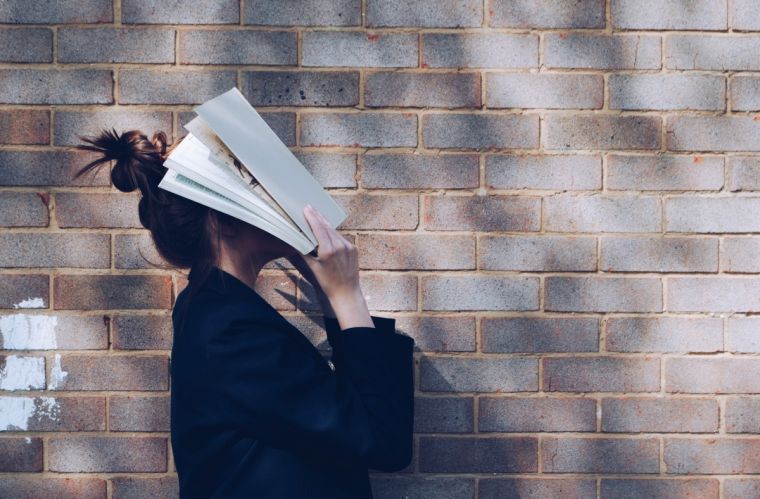The challenges of being a student in the middle of a pandemic

There are very few things in the world which have remained unaffected by the Covid-19 pandemic, whether directly or indirectly. Studying is one of them.
Now, the immediate picture that may spring to your mind when you think about studying is someone sat on their own at a desk, surrounded by piles of books, beavering away into the night. Surely then, if this is the case, the pandemic can't have had much of an effect on students at university, can it?
However, this is not the full picture of studying. The sitting-at-a-desk-with-books part is only a small fraction of the studying experience. Learning is best done within a community. If you look in the book of Deuteronomy and at the early church in the New Testament, a great emphasis is placed on community gathering to learn with and from one another. We were not created as humans to exist on our own, indeed the first lament recorded in the Bible is by God for Adam who was on his own in Genesis 2:18.
Yes, there are times where we need to sit on our own with a pile of books and work independently, but we learn so much more when we can listen to the ideas of others, chewing these ideas over in conversation and simply encouraging one another on our journey of learning together.
Many of us breathed a huge sigh of relief in the summer when it was announced that universities could reopen their campuses last September. However, when I returned to start my third year as an undergraduate theology student at Bible college, I quickly realised that the rich diversity of student life was still vastly compromised by the virus.
On the positive side, we can attend many of our lectures in person, when not in lockdown we can gather (socially distanced) for community prayers, we can still work in the library with access to a wide range of books, and onsite students can manage to hold conversations during socially distanced mealtimes.
Second- and third-year students try to hold onto these positives. 'At least we are here in person – we could have still been online,' we remind each other, whenever we wistfully long for things to return to normal.
The first-year students know no different. When they ask about how it used to be, they listen with fascination in the same way you listen to your grandparents' tales of the War, as we regale them with anecdotes about walking down the faculty corridor to pop your head into a lecturer's office to ask a question, and sitting next to someone in the library, sharing the same pile of books.
Our college has done a fantastic job in turning the campus into a Covid-secure environment, and testament to their hard work is that we had barely any cases of Covid during the autumn term. But the restrictions in place are rather like antibiotics – they kill the bacteria causing the infection, but they also wipe out the good bacteria too.
Restrictions which keep us distant from each other to avoid catching the virus prevent the community from being all that it can be. When someone dissolves into tears of despair over their essay, you cannot give them a hug. When someone has trouble with a dodgy knee, laying hands on them isn't an option – we can only pray from a distance.
When you are asked to discuss something with the person next to you in a lecture, you struggle to hear all they are saying because they are 2 meters away from you, and everyone else is in the room is talking more loudly to compensate for this.
The way we relate to each other as people has been compromised, and this is noticeable in the life of the community.
All in all, I think most students are profoundly grateful we have been able to return to our campuses to learn onsite. What we have now is better than what we had over the summer term, where we were fully online and isolated from each other except through internet platforms.
But I hope that in the not-too-distant future, we no longer consider the tales of studying before the pandemic to be extraordinary, and that soon our learning experience is, once again, able to be experienced within the physical community of people, uninhibited by restrictions. Roll on the vaccine.
Lydia Lee is in her third year studying at the London School of Theology.











